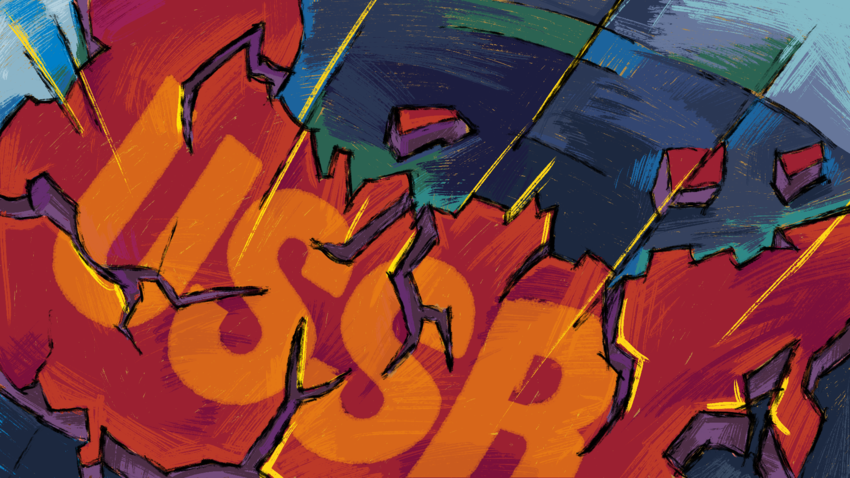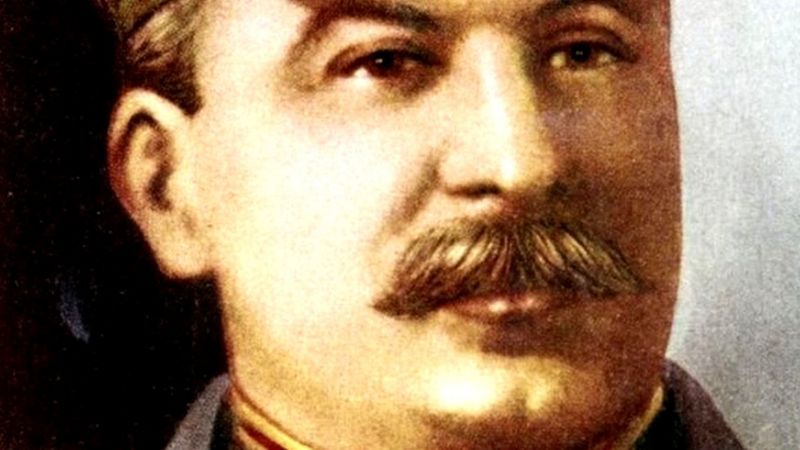
Before we start on the topic here is a fun fact the Soviet Union covered the one-sixth portion of the whole world.
The Soviet Union, a group of 15 republican factions, broke up overnight and it was such a big break that even today after 30 years its tremors are being felt.
How the Soviet Union, which influenced the history, economy, ideology and technology of the 20th century, was torn apart in one night. Born of the Communist Revolution of Russia in 1917, people of at least 100 nationalities lived in the Soviet Union and they owned one-sixth of the earth. An empire that defeated Hitler, waged a cold war with America and took part in a nuclear race. Also played a role in the Vietnam and Cuban revolutions.
The empire that sent the first satellite into space and also the first man. His name was Yuri Gagarin. The Soviet Union also remained at the forefront of sports, dance, cinema, literature, art and science. Archie Brown, professor at Oxford University and an expert on Soviet policies, says, 'The speed with which the Soviet Union broke up in a single night was astonishing to everyone.'
Many other experts, including Brown, consider many reasons responsible for the disintegration of the Soviet Union. That disintegration, which happened on a Christmas night in 1991.

1. Dictatorship and Centralized Governance:
The Soviet Union was formed in 1917. When the Bolshevik Revolution took place and the Russian Empire was abolished by ousting Tsar Nicholas II from power. In 1922, under the leadership of Lenin, far-flung states were merged into Russia and the USSR was officially established, headed by Vladimir Lenin. It was obvious that it would not be easy to control such a complex and diverse country.
The Soviet Union tried to become a democracy by breaking away from the Tsar's dictatorship. But eventually dictatorship was established, with Stalin being the most prominent dictator. Later on, a kind of parliament was formed, which was called Supreme Soviet, but all the decisions were taken by the Communist Party. From choosing the head of the country, every decision was taken by a small committee of the party, which was called the Politburo.
From the time of Stalin, the party's control over politics, economy and common life went on. Opponents were sent to Gulag. Gulag, where people were tortured. Lakhs of people died in Gulag.
2. 'Hellish' Bureaucracy:
Dictatorship and centralized rule also led to an extensive bureaucracy in the Soviet Union, whose control extended to every corner of society. That is, you have to go through the process of paper, stamp and identification for everything. Oxford professor Archie Brown says, this bureaucracy made the Soviet Union a difficult country.

3. Failing Economy:
The economy of the Soviet Union was inspired by the principles of Karl Marx, who considered the resources of production, distribution and exchange to be the property of society. The economy ran on the basis of five year plans. Most of the population of the Soviet Union was employed in industry and agriculture.
But despite this, the Soviet Union lagged behind America in the economy. And in the 1980s, the GDP of the Soviet Union fell to half that of the United States.
4. Best Education:
Education initiation in the Soviet Union was excellent and millions of people were educated. Gradually, the restrictions on external connections were reduced and people began to know about the world. Gradually it happened that social groups of better educated people started being formed which became influential. He became an advocate of Gorbachoff's economic reforms, which were announced in the nineties.
Gorbachoff's Reforms:
According to Brown, although the reasons for the disintegration of the Soviet Union were many, the most important reason was Gorbachev himself. His coming to power was a big deal in itself. He came to power to change the Soviet system, that is, he was about to dig his own grave. When he became the General Secretary of the Communist Party in 1985, he began a reform program because of a poor economy and an inefficient political structure.
He started two policies named perestroika (reducing government control) and glasnost. Gorbachoff felt that this would benefit the private sector. Innovation will increase and later on foreign investment will also be in the Soviet Union. He gave the workers the right to strike so that they could demand better wages and working conditions.
Under Glasnost, there was an attempt to adopt openness and transparency. The ban on books by authors such as Solzhenitsyn and George Orwell was lifted. Political prisoners were released and newspapers were encouraged to criticize the government's policies.
Elections were attempted for the first time and the Communist Party was involved in it:
As a result, people queued up to buy more ration. Prices started rising and people started getting upset with Gorbachoff's rule. Gorbachev resigned on the night of 25 December of the same year, and the next day the document was signed, separating all parts of the Soviet Union.
Archie Brown says, 'It did not happen that the economic and political crisis led to liberalization and democracy started.' According to him it was all the opposite. Due to liberalization and democratization, the system reached a period of crisis and the Soviet Union broke up. They say that if Gorbachoff's economic reforms had not taken place, then perhaps the Soviet Union would still exist today.











